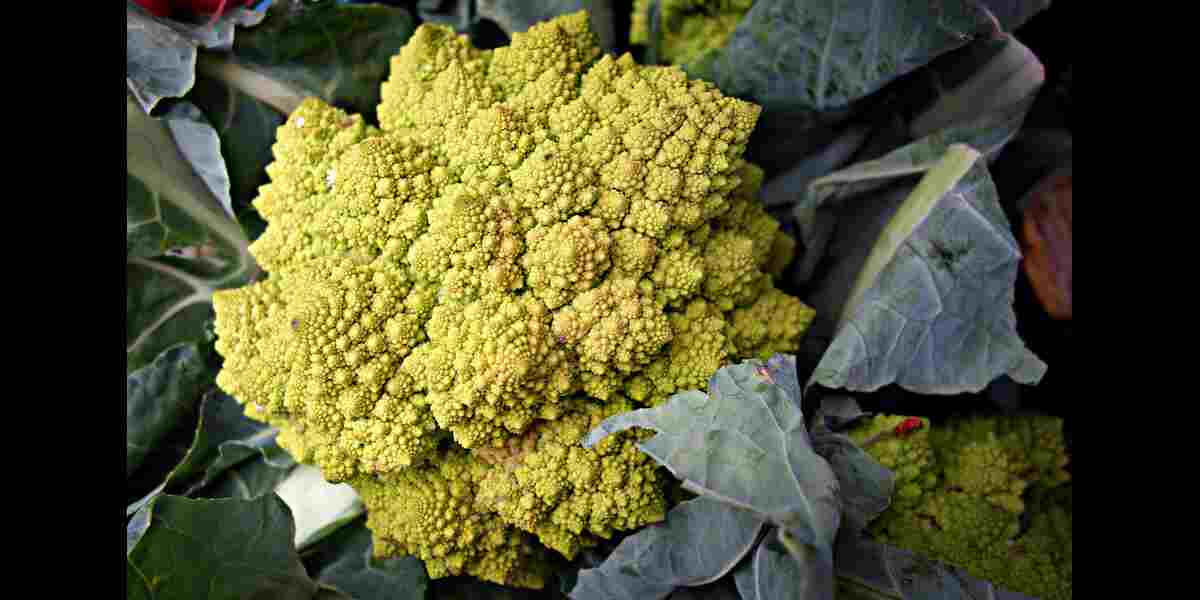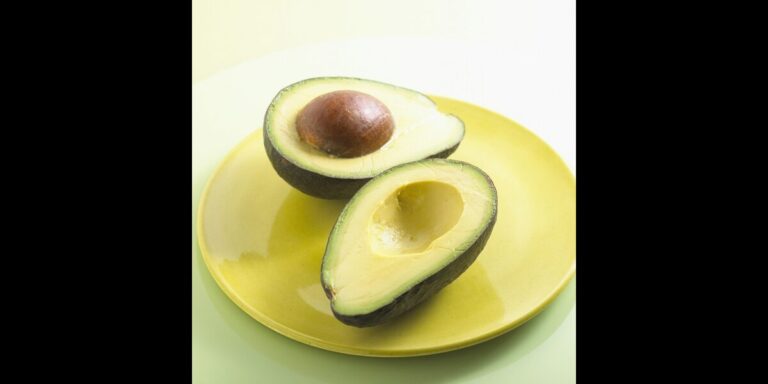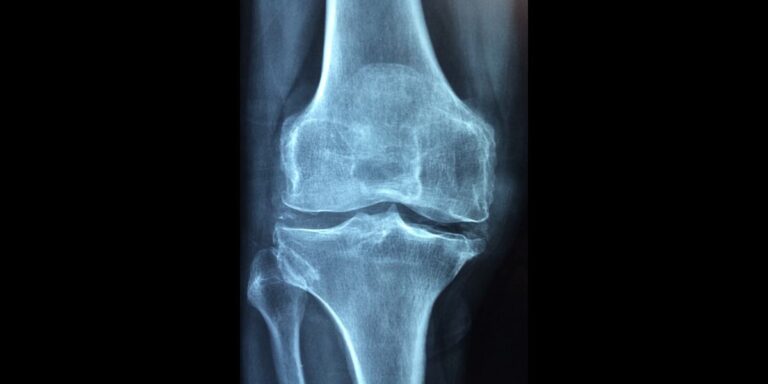What foods have vitamin K and how it helps us?
If you are reading this post and looking for the details of what foods have Vitamin K, then you are at the right place. Vitamin K is known to be present in foods such as Green leafy vegetables, Spinach, broccoli, Brussels sprouts, kale, spring onions, parsley, asparagus, fish, and liver. Vitamin K is used in various processes in the body, but the main function of this vitamin is to assist the blood in clotting. If vitamin K levels drop, coagulants are not well enough formed and this results in hemorrhaging.
Since this vitamin is really helpful for our bodies, it would be fair to ask about the foods containing it. In an informative manner, this article also identifies what foods have vitamin K, functions, and factors related to a vitamin K-rich diet. The study also showed that the darker, leafy greens a person consumes in a week, the better for their health.
The foods that contain the largest amount of vitamin K are leafy green vegetables. For instance, a 1⁄2 cup of cooked spinach contains over 400% DV of vitamin K. A 90 gm cabbage contains 85% of the daily vitamin K requirements for a human. Other greens such as kale, broccoli, Brussels kale, cabbage, collard greens, and salad greens are also very rich. Specifically, the darker green vegetables mean that the vegetable contains higher amounts of vitamin K. It also became clear that high chlorophyll content in greens is closely linked to vitamin K enhancement.
Other Good Dietary Sources
However, what foods have vitamin K are most of which are green but several other foods also play their part they include beef liver, eggs, soybean oil, blueberries, figs, and cheese among others. There are brief notes about the bacteria that are used in fermenting foods showing that they are capable of producing different forms of vitamin K that cannot be found in other foods. Studies demonstrate the incorporation of leafy greens and other forms of vitamin K whole foods is safe to take without the fear of overdosing as they provide a means of establishing adequate requirements in most healthy individuals.
Proper functioning of the coagulation system helps to prevent excessive bleeding in case of an injury, however, there are other advantages of vitamin K.
However, it should be noted that vitamin K is also involved in bone and heart health in addition to its action in blood clotting. It is said to help in the regulation of calcium in bones and greatly decrease the chances of the occurrence of osteoporosis. It also seems to prevent artery calcification and plays the role of controlling the blood vessels; thereby acting as a heart-friendly product. These additional perks can further support the importance of having sufficient levels of vitamin K in the body.
Read also- what foods have vitamin C?
The best way to consume vitamin K
As it has been pointed out, greens offer the highest vitamin K concentrations in our diet. Can we take this to imply that one must try to consume as much green vegetables as possible? Not necessarily. Like other nutrients, there must be an optimal level (concentration) that will offer the benefits that come with the nutrient but without side effects.
For vitamin K, high levels exhibit signs of toxicity especially when interacting with drugs such as blood thinners. This was a significant revelation, as boiling greens can also significantly decrease K levels. Hence, consuming easily digestible green vegetables either raw or slightly cooked in combination with other foods that contain moderate amounts of this vitamin is a rational approach to meeting the body’s needs for vitamin K.
Summary of what foods have vitamin K
In conclusion, few types of foods are richer in vitamin K than leafy green vegetables, and vitamin K is crucial for the process of blood clotting, bone metabolism, and heart health. Consume daily portions of these vitamins through healthy balanced meals that are rich in plant products but not overburdened with green veggies. Monitor signs such as bleeding propensity as well as potential medication contraindications to optimize requirements. It means that by giving equal attention to the cons of vitamin K and the pros of avoiding it, one would be able to benefit from vitamin K but at the same time, minimize the drawbacks. Rather, concentrate on whole sources of foods that have vitamin K, like greens, and avoid processed foods with little or no K in them and get the benefits of a healthy life.






